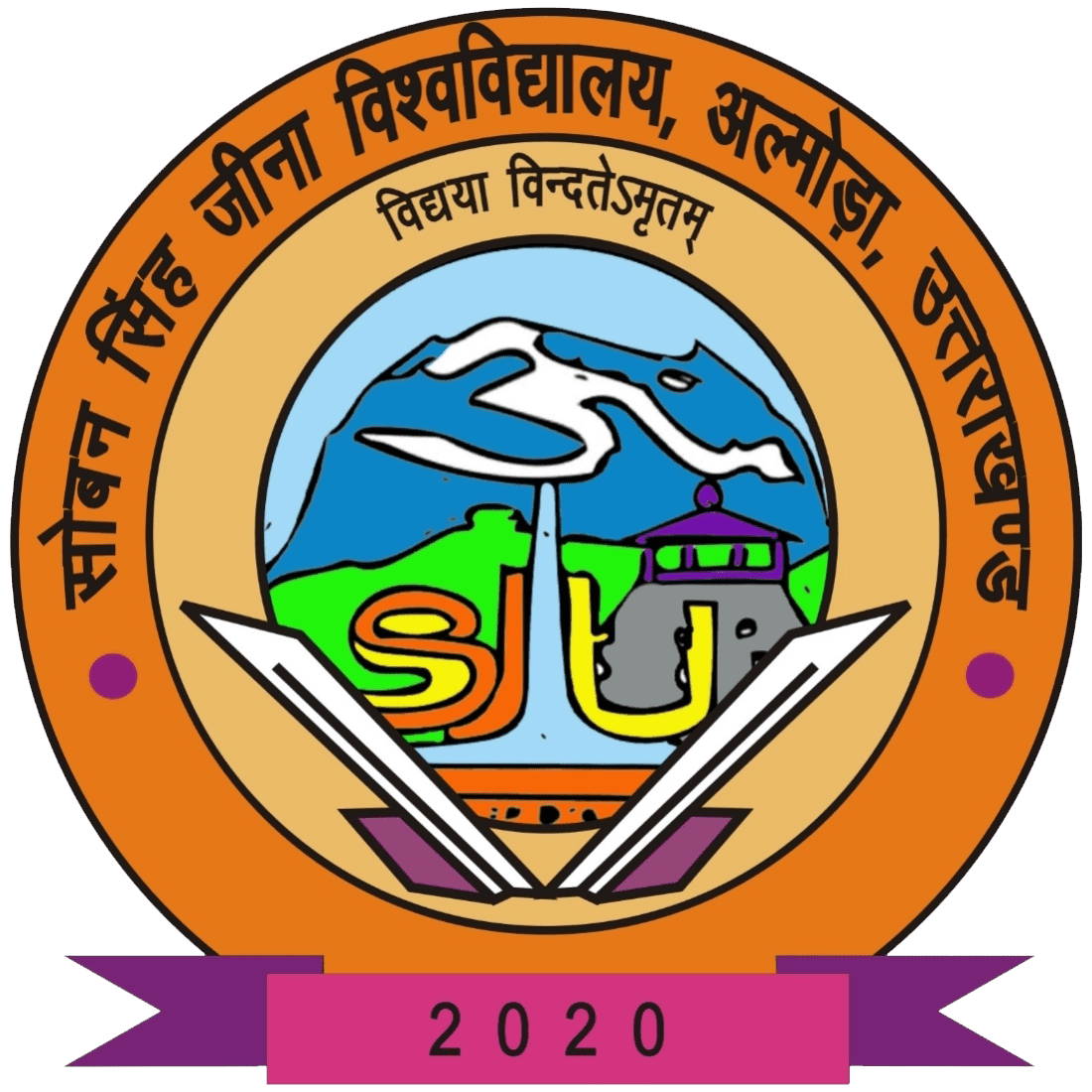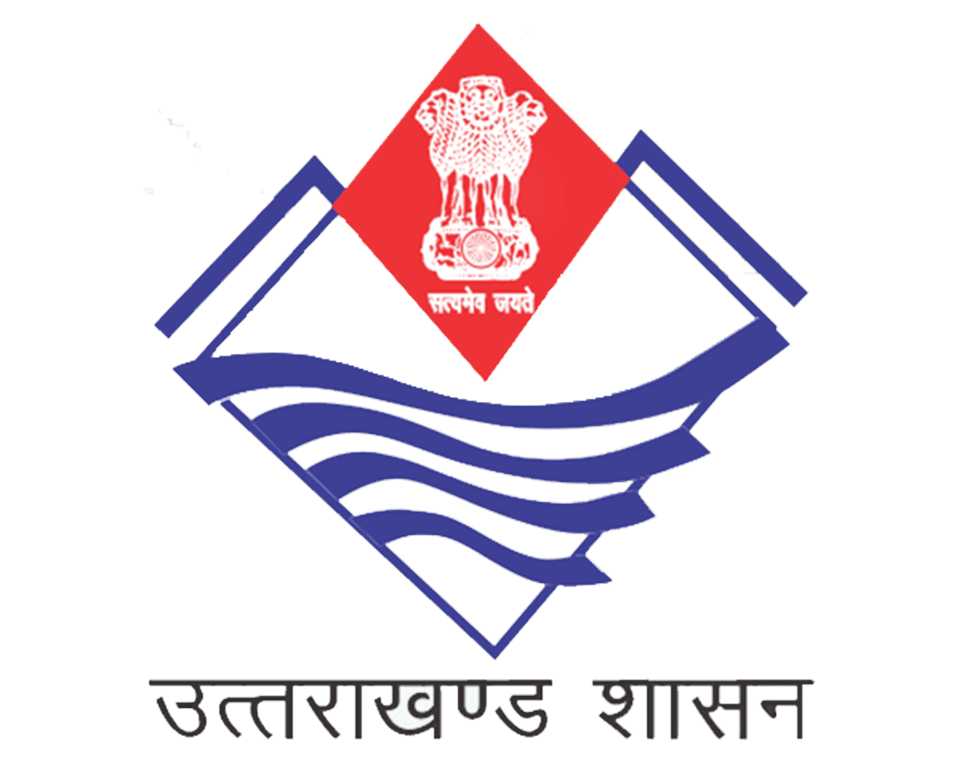The university will provide a learning environment in which faculty, staff
and students
can discover, examine critically, preserve and transmit knowledge, wisdom and values to improve the
quality
of life for all. The university will guide students to develop an understanding and appreciation for the
complex cultural and physical worlds in which they live and to realize their highest potential of
intellectual, physical and emotional development.
To achieve its mission, the university will:
- Offer broad and balanced academic programs that are mutually reinforcing and emphasize high quality
and creative instruction at all levels.
- Generate new knowledge through a broad array of schularly, research and creative endeavours, which
provide a foundation for dealing with the immediate as well as long-term needs of society.
- Achieve leadership in each discipline, strengthen interdisciplinary studies, and pioneer new fields
of learning.
- Participate extensively in state-wide, national and international programmes and encourage others in
the university system, at other educational institutions and in state, national and international
organizations, to seek benefit from the university's unique educational resources, such as faculty
and staff expertise, libraries, archives, museums and research facilities.
- Strengthen cultural understanding through opportunities to study languages, cultures, the arts, and
the implications of social, political, economic and technological change off campus and abroad.
- Maintain a level of excellence and standards in all programs that will give them state-wide,
national, and international significance.
- Embody, through its policies and programs, respect for, and commitment to, the ideals of a
pluralistic, multiracial, open and democratic society.
Enhance and diversify the university's academic offerings :
Develop timely, interdisciplinary, applied programs that address state and public priorities
such as
sustainability and the environment, globalization, civic engagement, health care,
infrastructure,
education, and community-based support systems, to name a few. Current and new academic programs
would complement the interdisciplinary research efforts on campus. New academic programs and
certificates would complement and expand the range of certificates and degrees available at the
university, rather than replicate the current offerings.
Respond quickly and responsibly to workforce development needs :
In today's economic climate, the university's obligation to contribute to economic development
is even greater than it has been in the past. Through its economic stimulus programmes, the
government is seeking to accelerate job creation by increasing funds available for skill
development. The university will cater to the demand for instruction in existing as well as
emerging employment areas.
Promote and expand lifelong learning opportunities :
Individuals seek learning opportunities for many reasons. Some hope to acquire skills and
knowledge that will enable them to find employment in new areas, or to become more skilled in
their current jobs. Others seek intellectual enrichment and personal growth. The university
would seek to identify the learning needs of prospective students at all life stages and to
offer a diverse array of learning opportunities, ranging from full-time programs like
undergraduate and graduate degrees, to certificate programs targeting employed adults. The
university will collaborate with representatives from government, business, industry, and other
arenas to create programmes for lifelong learners.
Increase the number of professional courses:
Business leaders cite a pressing need for employees who have technical knowledge and skills in
particular areas. To help address this need, some organizations have called for the development
of professional master's degrees to prepare highly skilled professionals for employment in
industries of the type that drive the state's economy, such as high-value agriculture, MSME,
Ayush, renewable energy, IT and ITES, biotechnology and tourism among others. The university
will collaborate with local and regional employers to design and offer such professional degrees
in areas of greatest demand
Increase revenues :
By introducing new courses, offering professional research and consultancy services, and providing
other auxiliary services, the university will aim to create new revenues streams and ensure
financial self sufficiency in the long run.








